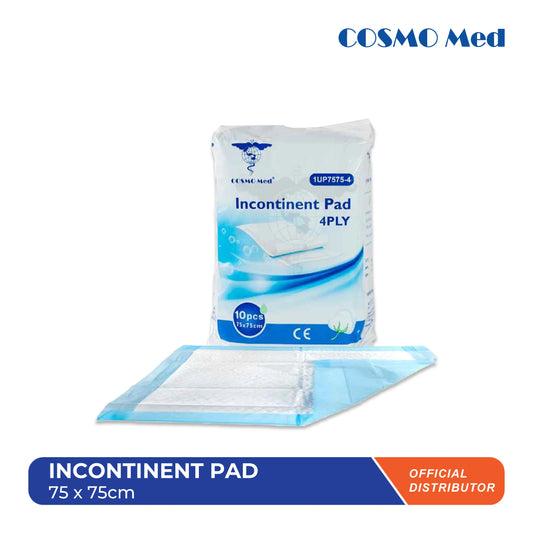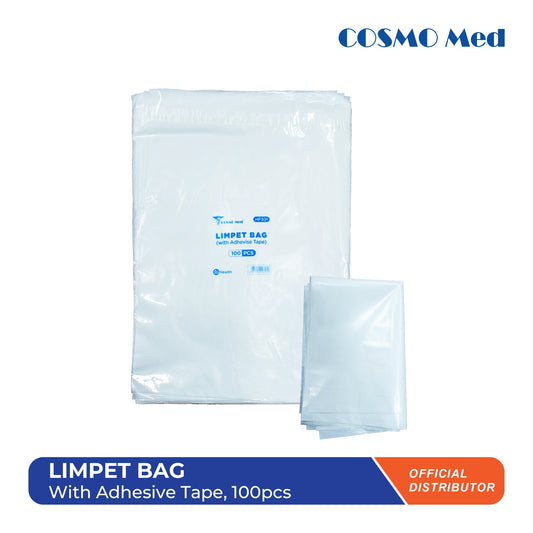Choosing the right face mask is essential for ensuring your health and safety, especially in environments where exposure to airborne particles and pathogens is a concern. This article provides comprehensive tips to help you select the best face mask to meet your needs.
Understand the Types of Face Mask
1. Surgical Masks
Surgical masks are designed for medical use and provide protection against large droplets and splashes. They are made of multiple layers and are disposable. Look for masks that are certified by health authorities, such as the FDA or CE.
2. N95 Respirators
N95 respirators offer a higher level of protection by filtering out at least 95% of airborne particles. These masks are commonly used in healthcare settings and high-risk environments. Ensure the mask fits snugly and is certified by relevant bodies like NIOSH (National Institute for Occupational Safety and Health).
3. Cloth Masks
Cloth masks are suitable for general use in low-risk environments. They are reusable and come in various designs. Choose masks with multiple layers and those that fit well on your face.
Read Also: Characteristics of Genuine Surgical Face Mask
Key Features to Look For
1. Certification and Standards
Always check if the mask meets regulatory standards. Certifications such as FDA approval, CE marking, or NIOSH certification for N95 masks ensure the product has passed rigorous safety and efficacy tests.
2. Fit and Comfort
A good mask should fit snugly over your nose and mouth without leaving gaps. Look for masks with adjustable nose clips and ear loops or ties that can be adjusted for comfort. The mask should not be so tight that it is uncomfortable, nor so loose that it allows air to escape.
3. Material and Layers
High-quality face mask are made of multiple layers of material:
- Outer Layer: Non-woven, water-resistant material to block droplets.
- Middle Layer: Melt-blown fabric for filtration.
- Inner Layer: Soft, absorbent material for comfort.
4. Breathability
While providing protection, the mask should also allow you to breathe easily. Check for masks that balance filtration efficiency and breathability. This is especially important if you need to wear the mask for extended periods.
5. Fluid Resistance
For medical masks, fluid resistance is a crucial feature. This prevents droplets from penetrating the mask. Ensure the outer layer is designed to repel liquids.
6. Reusability and Maintenance
For cloth masks, check if they are machine washable and how many times they can be reused without losing their effectiveness. Follow the manufacturer's instructions for cleaning and maintenance.
Testing Your Mask
1. Water Test
Pour a small amount of water onto the outer layer of the mask. A high-quality mask will repel the water rather than absorb it, indicating good fluid resistance.
2. Light Test
Hold the mask up to a light source. A mask with effective filtration will block a significant amount of light, suggesting it has the necessary filtering layers.
3. Breath Test
Wear the mask and blow hard. If you can feel your breath easily through the mask, it may not provide adequate filtration. A good mask should restrict airflow to some extent, indicating effective filtration.
Read Also: What is a Face Mask? Types and Functions
Additional Considerations
1. Purpose of Use
Determine the purpose for which you need the mask. For medical settings, choose surgical masks or N95 respirators. For everyday use, cloth masks may suffice, provided they meet safety standards.
2. Allergies and Skin Sensitivity
If you have sensitive skin or allergies, choose masks made from hypoallergenic materials. Look for masks labeled as skin-friendly to avoid irritation.
3. Cost and Availability
While cost is a consideration, it should not compromise safety. Compare prices and availability, but ensure the mask meets the necessary safety standards. Sometimes, investing in a slightly more expensive, certified mask is worth the added protection.
4. Environmental Impact
Consider the environmental impact of disposable masks. Reusable cloth masks can be a more sustainable option if they meet safety standards. Ensure they are maintained and cleaned properly to retain their efficacy.
Conclusion
Selecting a good face mask involves considering various factors such as certification, fit, material, breathability, and specific use cases. By following these tips, you can ensure you choose a mask that provides optimal protection and comfort. Stay informed and prioritize safety when making your choice.



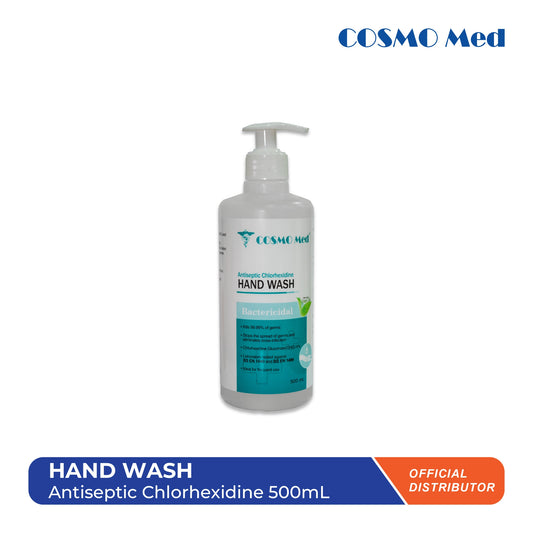

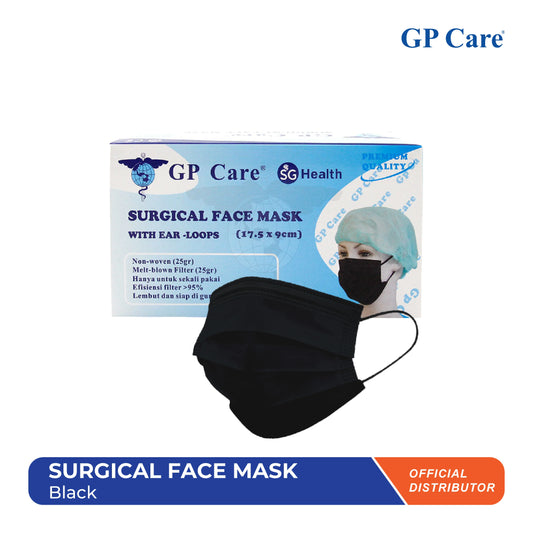
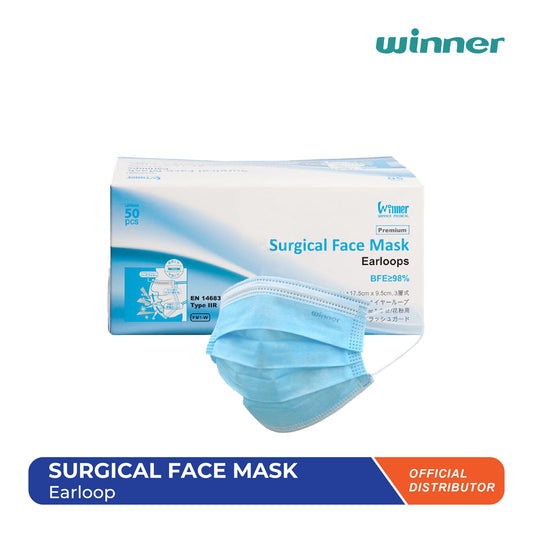
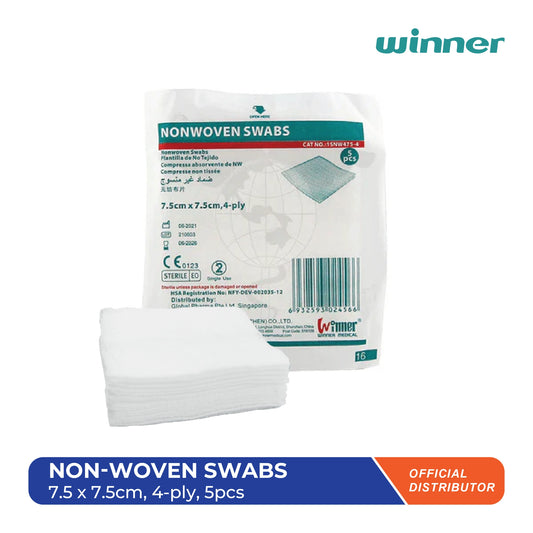
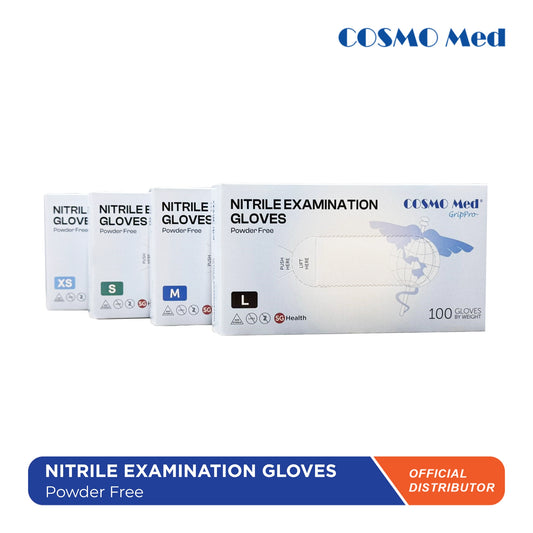
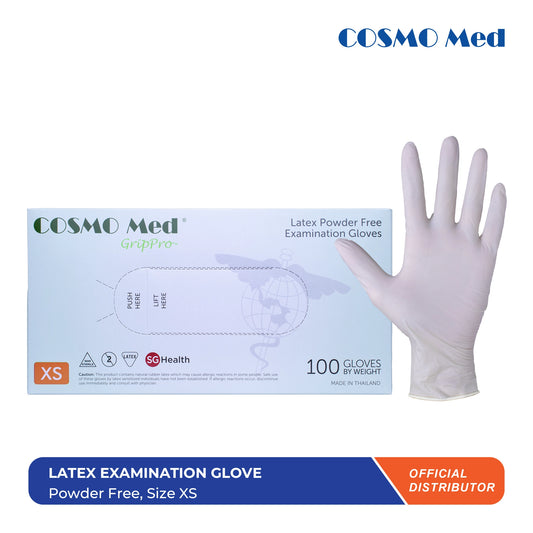
![Drainage / Urine Bag Rotatable Valve 2L (10pcs) - [IMPROVED]](http://www.gpmedline.com/cdn/shop/files/UB2R-Urine_Bag_Rotatable_Valve.webp?v=1753424792&width=533)
